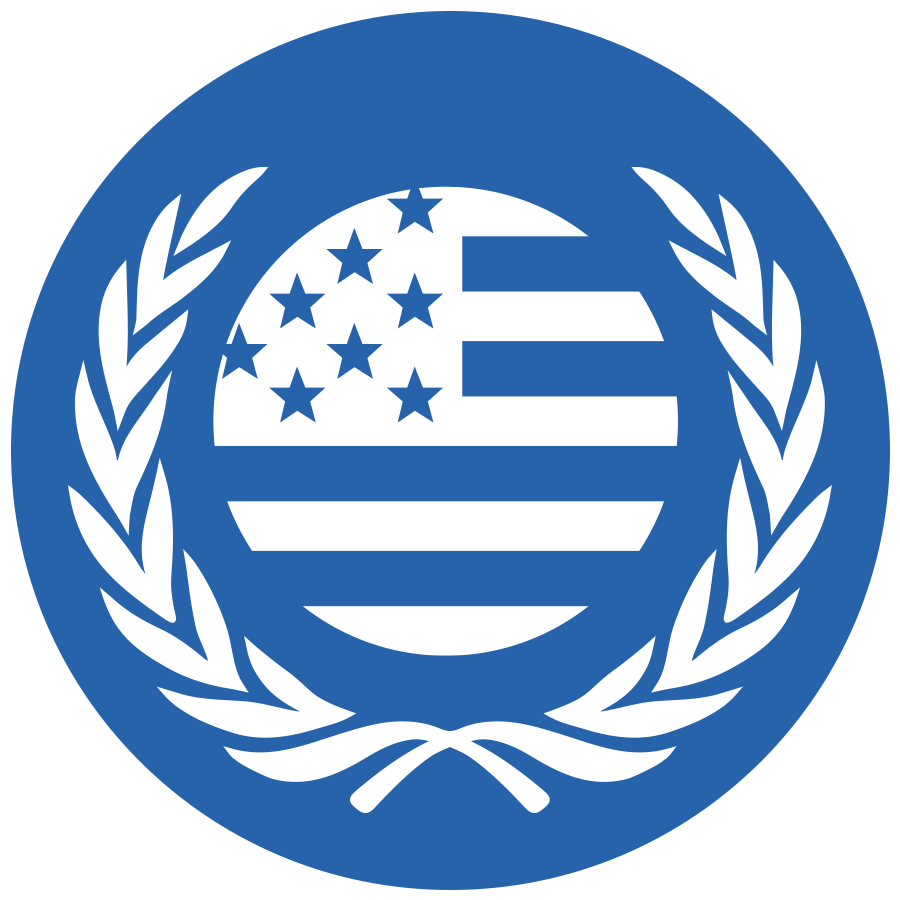A Glimpse of the UN’s Work on the Ground
UNICEF/WHO polio immunization campaign
“Three-year-old Mustafa, cradled by his father, receives a dose of oral polio vaccine from UNICEF Health and Nutrition Facilitator Muhannad Hemesh, in the Karama makeshift camp for internally displaced children and their families, about 20 kilometers est of Raqqa City. Mustafa and his two brothers are among more than 355,000 children under age 5 in war-torn Deir Ex-Zor and Raqqa governorates who were vaccinated during the joint UNICEF/WHO polio immunization campaign. An estimated 200,000 people, nearly half of whom are children, have fled ongoing fighting in Raqqa Governorate since April 2017.
In mid-August 2017 in the Syrian Arab Republic, UNICEF, the World Health Organization (WHO) and partners completed the first round of a vaccination campaign in response to a recent polio outbreak in the country – where continuing violence has devastated the health infrastructure and severely disrupted routine immunization services, particularly in Deir z-Zor and Raqqa governorates in the north-east. This is the second polio outbreak in the Syrian Arab Republic since the conflict began in 2011. Before the crisis, the country had been polio-free, with an immunization rate over 80 percent. National vaccination coverage is now at just over 40 percent. More than 355,000 children under the age of 5 in hard-to-access areas were vaccinated against polio in the two conflict-affected governorates, where violence has made access especially difficult. Health workers also vaccinated children displaced by the fighting and sheltering in tented camps with their families. UNICEF provided the vaccines and essential cold-chain equipment and also ran a community outreach campaign – during which 200 health educators and community volunteers went from tent to tent in displacement camps to meet with families and provide them with information, answer their questions, and clear up misconceptions about the safety and importance of the vaccines”
-UN Photo
Follow our journey.



